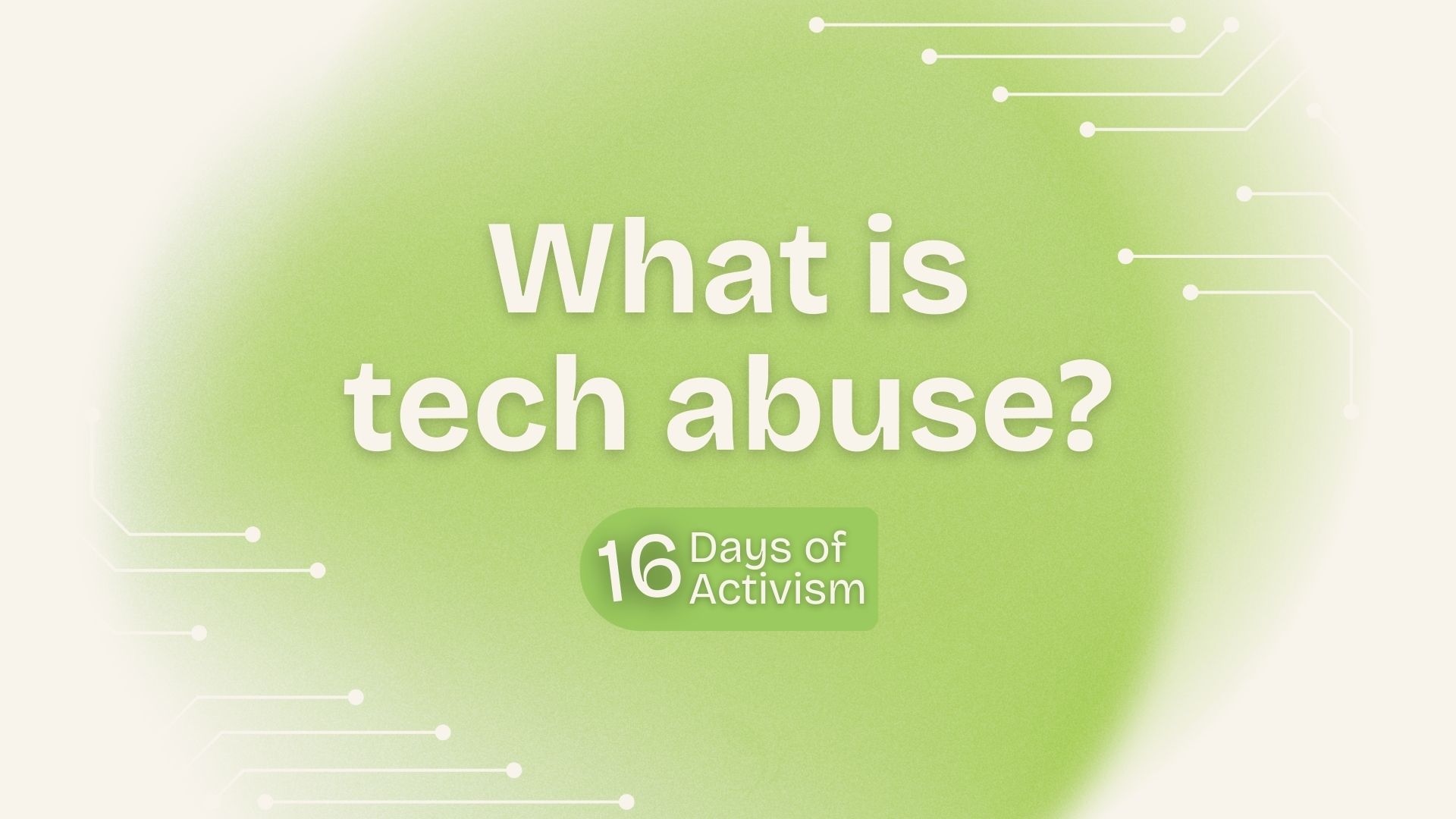What is tech abuse?

Tech abuse occurs within intimate relationships, where perpetrators exploit digital tools to extend their control beyond physical interactions, creating an invisible, omnipresent threat.
Common methods of tech abuse in domestic settings include the installation of spyware, or ‘stalkerware’ on victims' devices to monitor their activities secretly. Abusers often use GPS tracking to follow their partners' movements and employ social media platforms to harass, impersonate, or publicly shame their victims. This digital manipulation enables abusers to maintain control even when they are not physically present, deepening the victim's sense of isolation and helplessness.
A particularly invasive tactic is the unauthorised access to victims' personal accounts. Abusers may read private emails and messages, monitor social media interactions, and access sensitive information such as photos, financial details, or location data. This breach of privacy not only strips victims of their sense of security but also provides abusers with information they can use to further manipulate and control their partners.
The impact of tech abuse in domestic contexts is profound. Victims often experience heightened anxiety, fear, and a pervasive sense of being watched. The abuse can lead to significant emotional and psychological trauma, compounding the harm inflicted by physical or verbal abuse. Additionally, the digital nature of tech abuse means that victims may find it difficult to seek help, as abusers can monitor their attempts to reach out to support services or law enforcement.
N, a Next Chapter Domestic Abuse Practitioner, said:
“I had a client where the perpetrator was using the victims’ online bank account to send them messages in the reference line for deposits – the perpetrator would deposit 1p and send the victim a message, which would come up when they went into their back account online... it left them feeling like there was no escape – the perpetrator was able to intrude on the victim everywhere...”
Often, the perpetrator will exploit any accounts they know the victim has to harass them. This could be from personal profile accounts like Facebook, all the way to online shopping platforms like eBay.
If you’ve been affected by any of the themes raised in this article, or are concerned about the direction your relationship is heading – click the ‘get help’ button above or call our friendly team on 0330 333 7 444
Share Your Story With Us
Have we worked with or alongside you? Be among other survivors who have shared their valued and powerful stories
.png)


.png)
